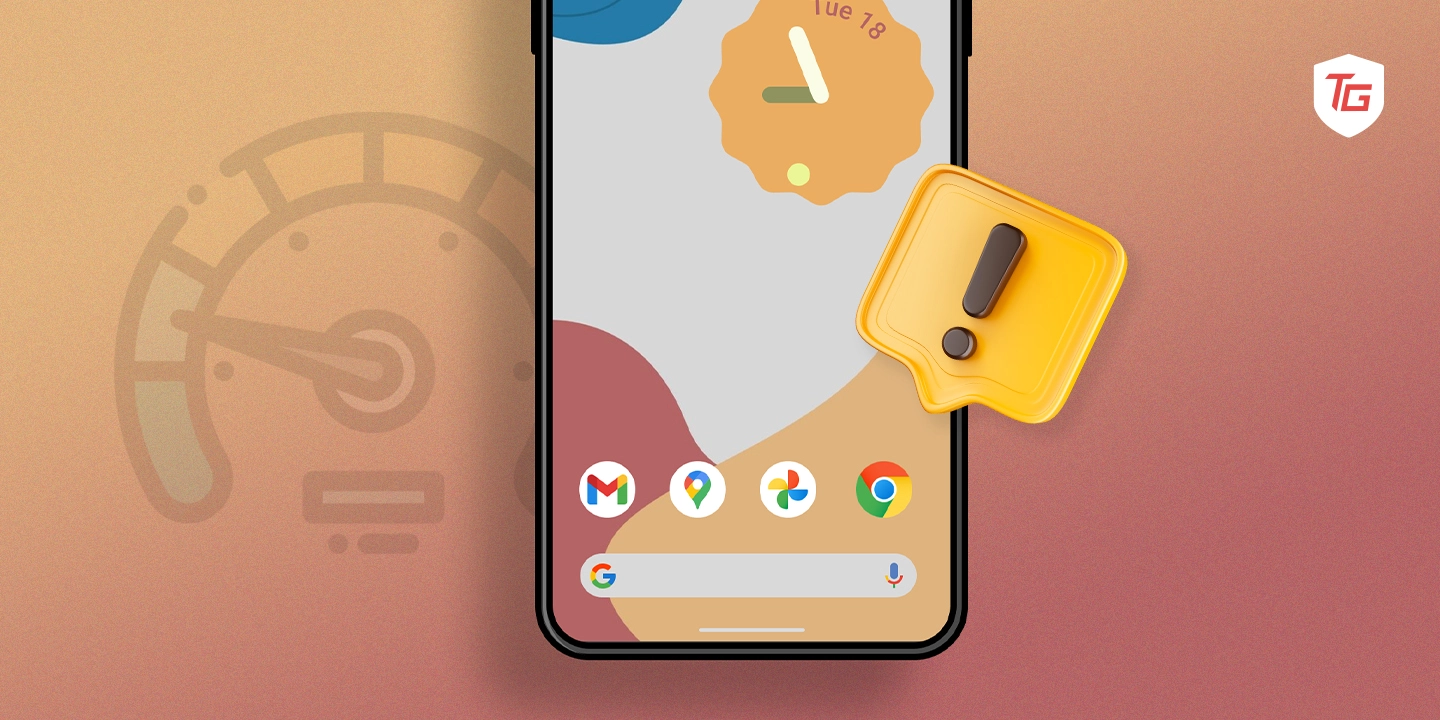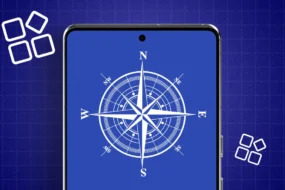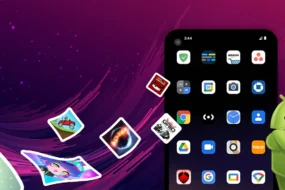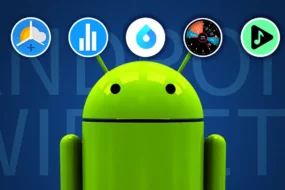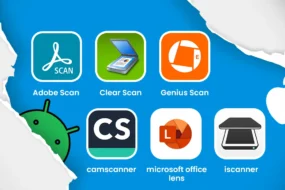Feeling sluggish and slow on your Android phone? It can be frustrating to deal with lagging speeds on your device. But don’t despair – the cause of most Android slowdowns stems from common user mistakes that can be rectified. We will explore the most prevalent mistakes that slow down Android performance over time in this article. Understanding what’s going on and addressing it can revitalize your sluggish smartphone. Let’s look at what causes each issue, how it affects speed, and how to fix it.
- 1. Not Closing Background Apps
- 2. Not Clearing the App Cache
- 3. Not Rebooting or Restart Regularly
- 4. Installed Unnecessary Apps
- 5. Update Apps on Regular Basis
- 6. Not Using Latest Android OS
- 7. Full of Storage Space or Low Space
- 8. Extreme Temperatures
- 9. Using Phone in Poor Signal Areas
- 10. Don’t Phone While Charging
- 11. Installing Apps from Unknown Sources
- 12. Using too Many Widgets
1. Not Closing Background Apps
Leaving applications continuously running in the background is one of the top reasons for diminished Android performance. Apps you’ve minimized or switched from staying active in RAM and continue running background processes unless force closed.
This eats up your phone’s RAM over time as more apps pile up in the background. It also occupies valuable CPU cycles and power that should be reserved for the app currently in use. The more apps left active, the more system resources are drained, leading to lag, stuttering, and weakened multitasking ability.
2. Not Clearing the App Cache
Every app on your phone maintains its own cache partition where it stores temporary data files and operations. This allows apps to access frequently needed data quickly rather than having to recreate or re-download files every single time.
However, this cached data still takes up storage space on your device. Over time, as apps accumulate more cached data, their caches can grow to occupy substantial chunks of your phone’s storage. Full caches put a strain on your phone’s storage performance and ability to efficiently access data.
3. Not Rebooting or Restart Regularly
Over time, minor software glitches, memory leaks, and fragmented storage can build up. Random processes may fail to fully close. These issues gradually degrade the performance of your Android OS and apps. Slowdowns and unexpected phone behavior can start compounding.
Rebooting your phone fully clears out any accumulated clutter and starts fresh. It wipes and reloads the RAM and operating system. This restores your phone to maximum intended speed and responsiveness.
4. Installed Unnecessary Apps
Today’s Android phones enable you to install endless apps for productivity, fun, and everything in between. But too many seldom-used apps waste valuable storage, RAM, and CPU cycles. The more apps you have installed, the more your phone has to work loading app data, updating them in the background, and running resource-draining processes you don’t benefit from.
5. Update Apps on Regular Basis
App developers continuously work on improvements and fixes for their apps. They regularly release updates with speed enhancements, new features, and bug patches. However, many users neglect to update their apps. Using outdated app versions prevents you from benefiting from the latest performance optimizations and improvements. Older apps tend to be slower and more prone to issues. Updates also patch critical security vulnerabilities.
6. Not Using Latest Android OS
Just like apps, Google is constantly updating and refining the core Android operating system. Major OS updates bring speed enhancements, interface improvements, and benefits like longer battery life.
However, many Android devices are slow to receive the latest OS versions. Using an older OS leads to slower speeds compared to newer versions optimized for efficiency. The newer your OS, the faster your phone tends to run.
7. Full of Storage Space or Low Space
Today’s mobile apps and media consume substantial storage space. If your phone’s storage is nearly full, it has a much harder time efficiently locating and accessing your data. Low storage also leads to fragmentation and forces your phone to work overtime.
Sluggishness and stuttering apps are common symptoms of insufficient storage. Make sure to keep enough free space for your phone to operate smoothly.
8. Extreme Temperatures
Smartphone processors are designed to throttle performance under high temperatures to prevent component damage. However, excessive heat degrades your battery’s health and forces your phone to aggressively slow down.
High temperatures cause more rapid battery capacity loss over time too. Heat impacts both short and long-term phone performance.
9. Using Phone in Poor Signal Areas
Weak cellular and WiFi signals force phones to boost transmission strength to stay connected. This drains much more battery power as the phone struggles to maintain the connection. Slow data speeds also result.
The battery and processor work overtime in poor reception areas. Performance takes a hit in basements, elevators, faraway rooms, and other dead zones.
10. Don’t Phone While Charging
It may be tempting to use your phone intensively while it’s charging. However, activities like gaming, GPS navigation, and streaming high-definition video utilize substantial processing power and phone resources.
This intensive usage coupled with charging generates a lot of excess heat. The heat works your battery harder while charging. It gradually reduces your battery’s lifespan and health over time.
11. Installing Apps from Unknown Sources
Do not install apps from sources other than the Google Play Store or other trustworthy sources. Installing apps from unknown sources can put your phone at risk of malware and other security threats.
12. Using too Many Widgets
If you have too many widgets on your home screen, your phone may slow down. Widgets can provide quick access to information and features, but too many can slow your phone down. Try to limit yourself to the widgets that you really need.
Conclusion
A sluggish Android phone can certainly be frustrating. But in most cases, simple fixes get devices humming along smoothly again. Avoiding common mistakes like too many background apps, low storage, unnecessary apps, and heat buildup makes a world of difference.
Additionally, proactive maintenance like clearing caches, updating apps/OS, and regular reboots keeps Android phones performing at their peak. With some vigilance and these handy troubleshooting tips, you can nip performance issues in the bud and enjoy buttery smooth speed on your Android phone.
In case you missed it!

